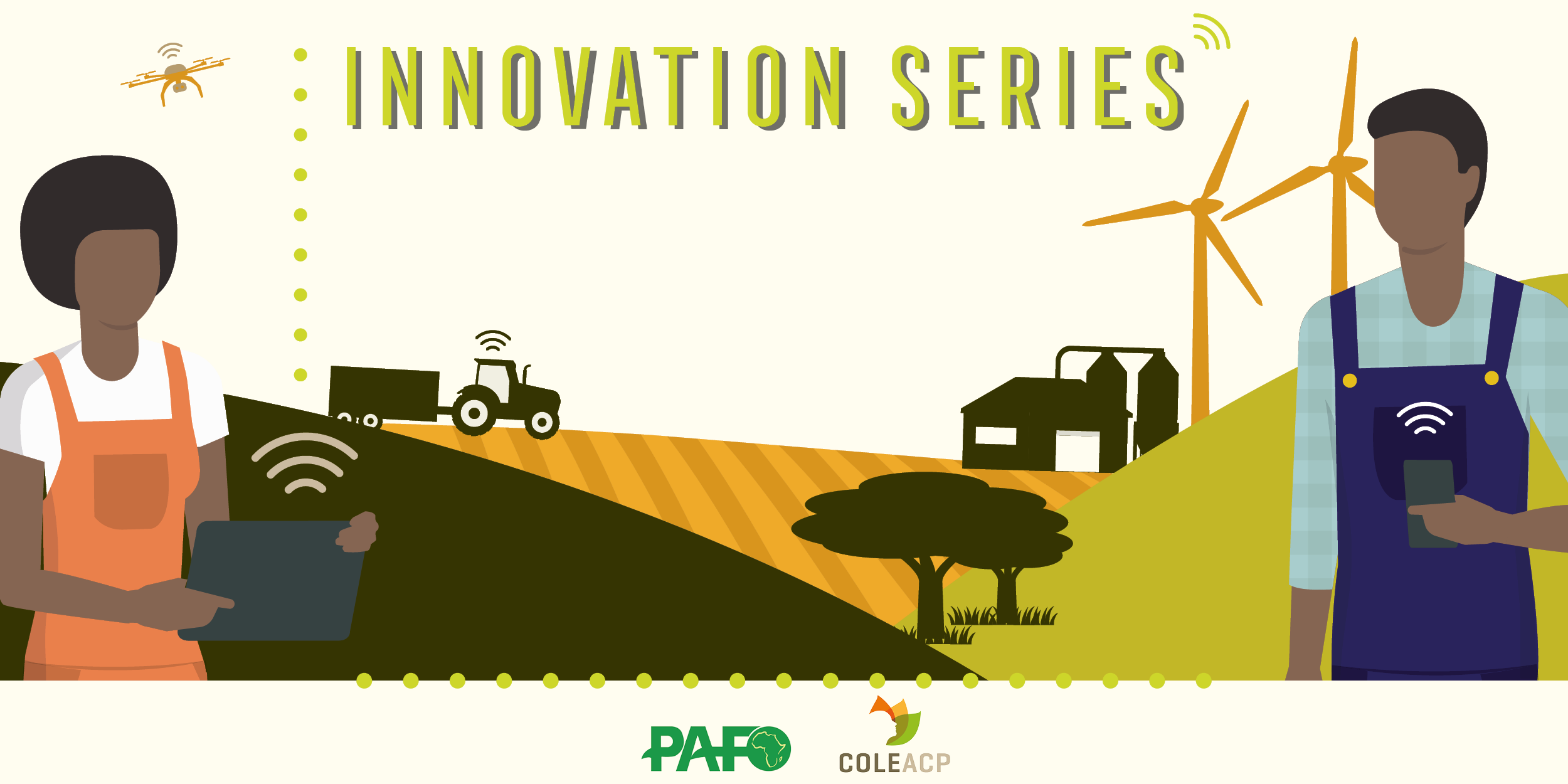The farmers, fishers and other operators in the food chain who have already undergone the
transition to sustainable practices, be in local or global markets, should be rewarded as to
encourage the transition by others, and create additional opportunities for their businesses.
Increased fairness and equity along the value chains is required to succeed in transitioning
towards sustainable food systems. A fair and transparent policy (open communication,
fair prices, risk sharing) promoting more transparency along supply chains and better
distribution of value is needed. Capacity development is key, especially for farmers groups
and MSMEs, and providing support to operators in meeting required economic, social and
environmental standards.
- How African MSMEs and farmers organisations can transition towards sustainable practices and what support do they need based on the obstacles they face?
- What incentives can be provided to smallholders and MSMEs to adopt sustainable practices?
- What main investments and incentives from the public and private sector can accelerate the transition towards sustainable practices?
- How to reconcile investments by the MSMEs and farmers in sustainable food systems with the imperative of economic returns and access to new markets?
Panel: Successes of businesses
- Nnaemeka Ikegwuonu, Executive Director, Smallholders Foundation, ColdHubs, Nigeria
- Pierre Damien Mbatezimana, Managing Director, Shekina Enterprise, Rwanda
- Gaëtan Etancelin, President, SYMABIO, Madagascar
- Lovin Kobusingye, General Manager, Kati Farms, Uganda
Discussants
- Roel Messie, Chief Investment Officer, IDH, the Sustainable Trade Initiative
- Estherine Fotabong, Director, Programme Innovation and Planning, NEPAD Agency
- Elizabeth Nsimadala, President of PAFO and Member of the Advisory Committee for the 2021 Food Systems Summit


No comments:
Post a Comment